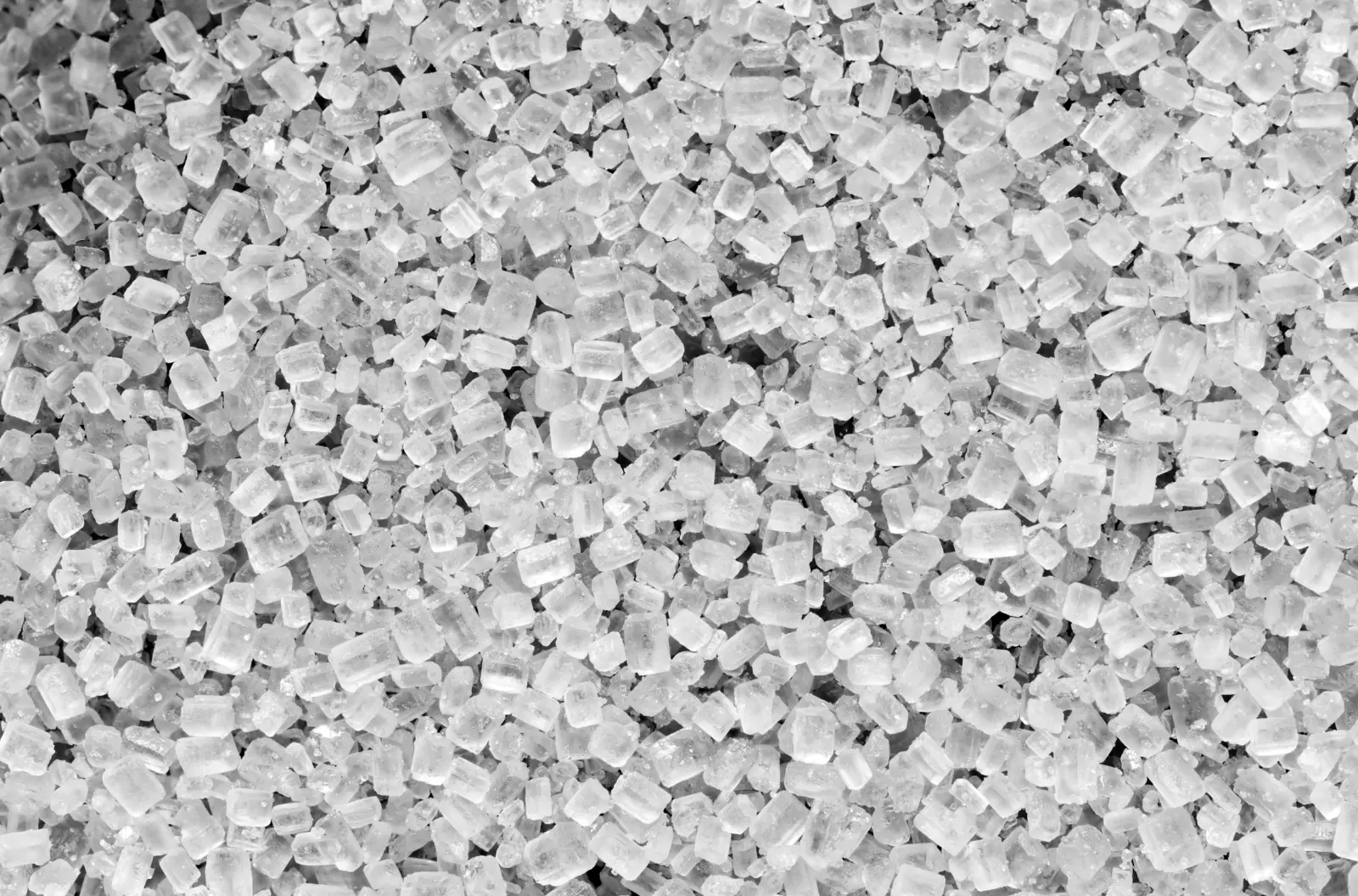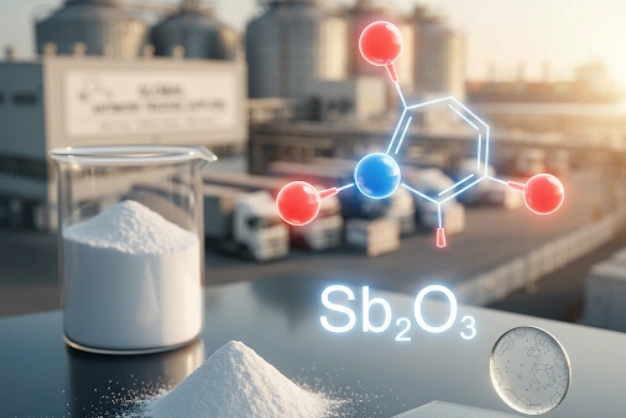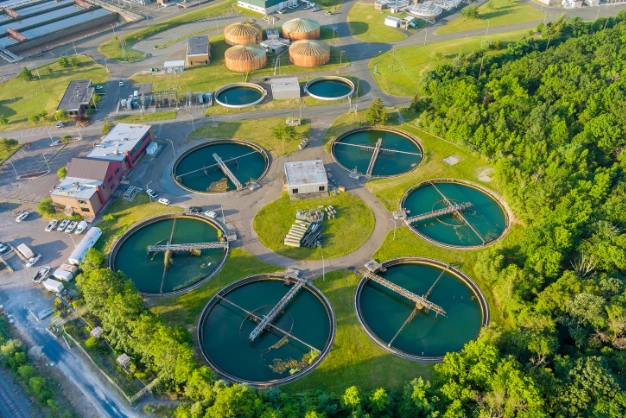Use in Lithium-Ion Batteries: Propylene carbonate is widely used in the electronics industry, particularly in lithium-ion batteries. Its role as an electrolyte solvent is crucial. The high polarity and low viscosity of propylene carbonate make it an ideal component in battery electrolytes, enhancing the ion transport between the anode and cathode. This results in improved battery efficiency and longer lifespan. Its use in batteries helps in achieving higher energy densities, making it a preferred choice for high-performance batteries used in electric vehicles, laptops, and other portable electronic devices.
Impact on Battery Performance and Longevity: The inclusion of propylene carbonate in the electrolyte solution significantly impacts the overall performance and longevity of lithium-ion batteries. It contributes to better thermal stability and reduces the risk of thermal runaway, a common issue in battery systems. This enhances the safety and reliability of batteries, making them suitable for a wide range of applications, from consumer electronics to large-scale energy storage systems.
Benefits in Application and Performance: Propylene carbonate’s role as a solvent in coatings and adhesives offers several benefits. It helps in achieving a uniform application, improving the finish and durability of coatings. In adhesives, it enhances the bonding strength and flexibility, ensuring that the adhesive remains effective under various conditions. Its low volatility and non-toxic nature make it a safer alternative to traditional solvents, aligning with the industry’s shift towards greener and safer chemicals.
Enhancing Material Properties and Processing: The use of propylene carbonate in polymer production enhances the material properties of the final product. It improves the processability of polymers, making them easier to mold and shape. This results in higher-quality plastic products with better performance characteristics. Additionally, its compatibility with a wide range of polymers makes it a versatile additive in the plastics industry.
Dissolves Active Ingredients
Propylene carbonate effectively dissolves active ingredients, ensuring they are evenly dispersed throughout the cosmetic product.This ensures that the active ingredients maintain their efficacy and contribute to the product’s intended benefits. Ensures Even Distribution
The solvent properties of propylene carbonate allow for a uniform mixture, which is crucial for consistency in product performance.Even distribution helps in maintaining the quality and effectiveness of the final product. As a plasticizer, propylene carbonate enhances the flexibility of cosmetic formulations, making them more pliable and easier to apply.This is particularly important in products like hair gels and styling products, where flexibility is key to performance. The use of propylene carbonate provides a silky, non-greasy feel to cosmetics, enhancing the sensory experience.This quality is highly desirable in products like lotions, creams, and makeup, where a smooth application is essential. Ideal for Various Products
Its textural benefits make it suitable for a wide range of cosmetic products, from moisturizers to foundations. Maintains Consistency and Efficacy
Propylene carbonate helps in maintaining the consistency of cosmetic formulations over time, ensuring they remain effective.This stability is crucial for the shelf-life and reliability of cosmetic products. It aids in preventing the separation of ingredients, which can compromise the quality and performance of the product. Compatible with a Wide Range of Ingredients
Its multifunctional benefits add significant value to personal care products, enhancing their appeal and effectiveness. Use as a Solvent in Drug Formulations: In the pharmaceutical industry, propylene carbonate is valued for its ability to dissolve a variety of active pharmaceutical ingredients (APIs). This makes it an essential component in the formulation of both oral and topical medications. Its use ensures that the active ingredients are evenly dispersed, enhancing the overall efficacy of the medication.
Use as a Component in Detergents and Cleaning Agents: Propylene carbonate is also utilized in the formulation of cleaning products. Its high solvency power allows it to dissolve various stains and residues, making it an effective ingredient in detergents and cleaning agents. It helps enhance the cleaning power of these products, ensuring that surfaces and fabrics are thoroughly cleaned.
Use in Capturing and Storing Carbon Dioxide: Propylene carbonate is extensively employed in carbon capture technologies to mitigate the impact of industrial emissions. It effectively absorbs carbon dioxide (CO2) from industrial sources, preventing it from entering the atmosphere. Once absorbed, the CO2 can be separated and stored either underground or utilized in other industrial processes. This method not only reduces the immediate release of greenhouse gases but also provides a means to manage CO2 emissions sustainably.
Importance in Reducing Greenhouse Gas Emissions: By capturing CO2, propylene carbonate plays a critical role in reducing greenhouse gas concentrations, thereby mitigating the effects of climate change. This process is vital for lowering the overall greenhouse gas levels in the atmosphere. The use of propylene carbonate in carbon capture technologies aligns with global sustainability goals, significantly contributing to efforts aimed at combating global warming and promoting environmental health. This dual functionality of capturing and storing CO2 underscores its importance in advancing sustainable industrial practices.
Biodegradable Applications
The incorporation of propylene carbonate in product formulations supports the creation of sustainable materials that decompose naturally, reducing environmental pollution. Products made with propylene carbonate decompose more easily, contributing to a reduction in plastic waste and environmental pollution.This aligns with the principles of a circular economy, where materials are designed to be reused, recycled, or biodegraded. The use of propylene carbonate in biodegradable products helps decrease the volume of plastic waste that accumulates in landfills and oceans.This reduction is crucial for preserving ecosystems and promoting a healthier planet. Potential Uses in Next-Generation Energy Storage Solutions: Propylene carbonate is poised to play a significant role in the development of advanced batteries, particularly next-generation energy storage solutions. Its high dielectric constant and stability make it an ideal solvent for electrolytes in high-capacity batteries. These advanced batteries, such as solid-state and lithium-sulfur batteries, require materials that can provide high energy density, long cycle life, and improved safety. Propylene carbonate’s properties contribute to these requirements, making it a critical component in the evolution of energy storage technologies that support renewable energy systems and electric vehicles.
Role in Developing Sustainable Chemical Processes: In the field of green chemistry, propylene carbonate is recognized for its role in developing sustainable chemical processes. Its low toxicity and biodegradability make it an environmentally friendly solvent that can replace more hazardous chemicals. It is used in various reactions and processes that prioritize sustainability, such as catalytic transformations and the synthesis of biodegradable polymers. By facilitating cleaner and safer chemical processes, propylene carbonate supports the principles of green chemistry, aiming to reduce the environmental impact of chemical production and promote the use of sustainable materials.




